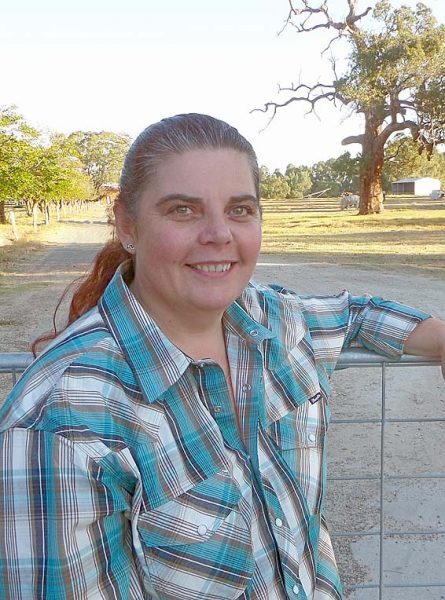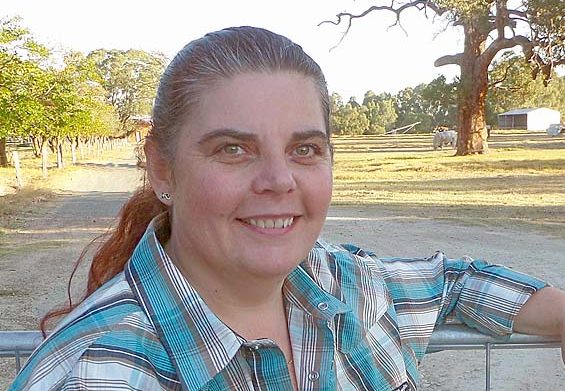
RECENT changes to the Livestock Production Assurance (LPA) program will affect the way producers manage their livestock, regardless of the size of the property or number of animals they own, according to an industry expert.
The Integrity Systems Company (a subsidiary of Meat and Livestock Australia) delivers the LPA program, National Vendor Declarations (NVDs) and the National Livestock Identification System (NLIS), which underpin market access into over 100 countries around the world.
The LPA program meets the stringent requirements of export markets, providing an assurance of the safety of red meat grown by Australia’s producers, while the NVD provides the platform for the transfer of information and the NLIS system supports identification and traceability of cattle, sheep and goats through the value chain.
Livestock Biosecurity Network works to support producers in understanding and implementing on-farm biosecurity, food safety and welfare practices, which are part of the LPA program.
Biosecurity and extension manager Frances Gartrell said changes to LPA affect the way producers manage their livestock and documentation required on-farm or when the animals are sold.
“LPA now requires all accredited producers to meet additional standards regarding biosecurity and animal welfare,” Ms Gartrell said.
“LPA accreditation allows producers to access and use NVDs, the food safety and animal movement document required when moving, selling or purchasing livestock through the supply chain.
“The new three yearly re-accreditation and assessment process enables producers to maintain an understanding of current industry requirements for animal welfare, biosecurity and food safety.”
Producers will receive notification of their reaccreditation two months before their current accreditation expiring.
The accreditation process is accessible online at www.lpa.nlis.com.au. via producers’ LPA account logins.
Once logged in, producers can work their way through seven LPA modules, complete the assessment questions and receive a certificate of completion.
The $66 LPA reaccreditation fee must be paid every three years as part of the reaccreditation process.
“Livestock Biosecurity Network is in the process of organising workshops for 2018 to assist producers with on-farm biosecurity planning, welfare, and understanding and meeting the LPA standards,” Ms Gartrell said.
“Please contact your state biosecurity and extension manager for more information.”








